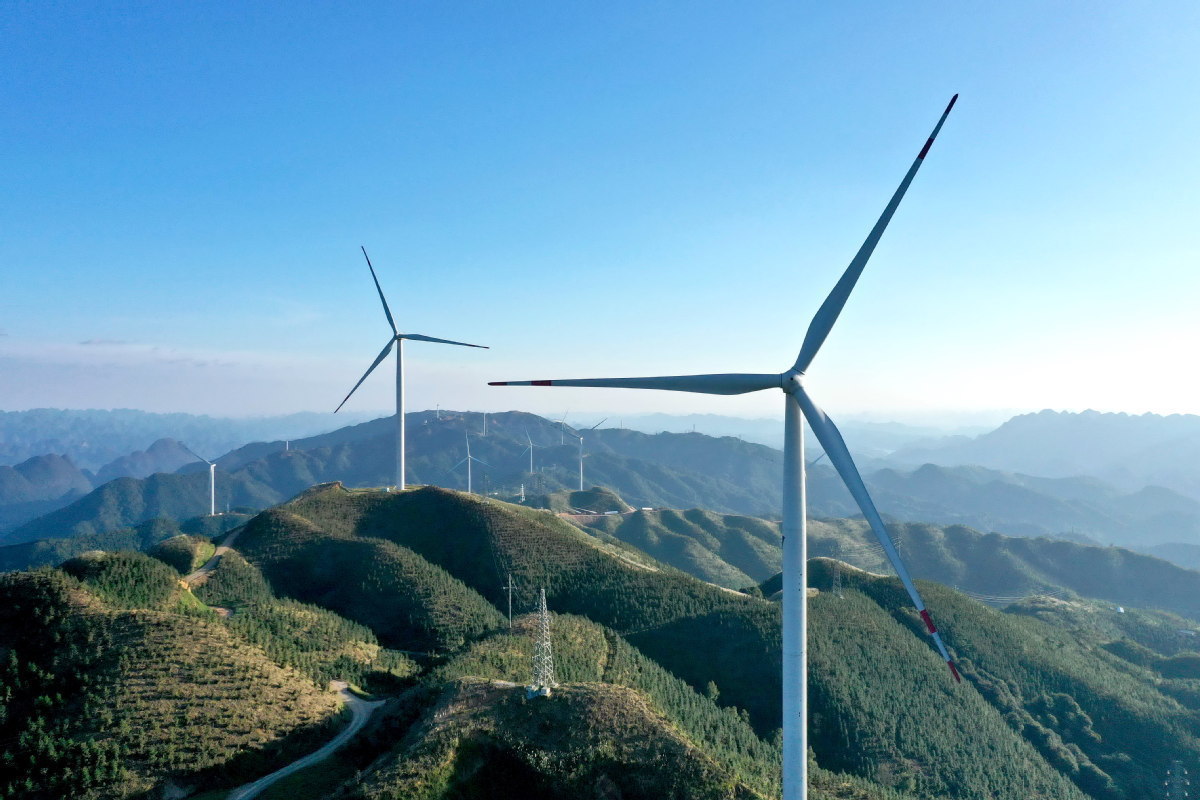Country's resilience can help drive global energy transition


As the world grapples with the economic fallout of the COVID-19 pandemic and the repercussions of the ongoing energy crunch stemming from the crisis in Ukraine, the Chinese economy is already bouncing back.
According to recent figures from the International Monetary Fund, China's economic growth is set to increase from 3 percent in 2022 to 5.2 percent in 2023, demonstrating the country's incredible resilience during global uncertainties.
Despite these challenges, China's deployment of renewable energy did not slow down; instead, it accelerated.
Last year, China invested more than $274 billion in renewables, up from $176 billion in 2021 and $115 billion in 2020. Half of the world's new renewable power capacity in 2022 was installed in the country — a remarkable achievement, particularly when viewed against the backdrop of global economic turmoil.
China's proven economic resilience is essential for the energy transition, as many countries continue to leverage the country's manufacturing capabilities to transition to cleaner energy sources.
The country produces 72 percent of global polysilicon, almost all the world's ingot and wafer production, and nearly 80 percent of cell and module production for solar photovoltaics. To drive a successful global energy transition, it is critical for China to maintain its resilient economy while supporting global efforts to decentralize supply chains and promote the greening and strengthening of industrial sectors in the developing world.
This proven resilience, combined with a consistent track record of increased climate ambition, suggests that the country is well-positioned to exceed expectations and achieve its goal of carbon neutrality ahead of its target year. However, we all need to do more.
Preliminary figures from the International Renewable Energy Agency's World Energy Transitions Outlook reveal that the current pace of the global energy transition falls far short of what is needed to stay on the pathway of limiting global warming to 1.5 C above preindustrial levels.
Despite the record-breaking addition of 295 gigawatts of renewable energy capacity last year, with China making the largest contribution, this number must more than triple annually to meet the necessary climate targets.
The International Renewable Energy Agency has identified three main energy transition pillars that require decisive action. These pillars are related to the structures that sustain the energy system globally: physical infrastructure, policy and regulatory architecture, and institutional skills and capabilities that must be aligned with the new system being created.
China's contribution to the global energy transition across all three pillars is indispensable.
As the progress-checking "global stocktake" at the 28th Conference of the Parties to the United Nations Framework Convention on Climate Change, or COP28-which will be held in November in the United Arab Emirates — rapidly approaches, the world must be prepared to make a fundamental course correction on energy transition.
We cannot continue with incremental changes if we are to achieve the necessary reductions in carbon emissions to meet climate goals. To accelerate progress, it is essential to shift the focus of global discussions from energy supply to energy demand and to overcome the structural obstacles that impede the transition to a renewables-based energy system.
This shift requires stronger international collaboration, including joint efforts to transfer knowledge, build capacity and direct more funds to developing countries. Within the renewable energy sector, China's expertise is just as important as its supply of solar photovoltaic panels and batteries.
In the face of unprecedented global challenges, the country's resilience can serve as an anchor in stormy seas, providing a much-needed contribution to the foundation for a successful energy transition.
The author is director-general of the International Renewable Energy Agency. The views do not necessarily reflect those of China Daily.

































